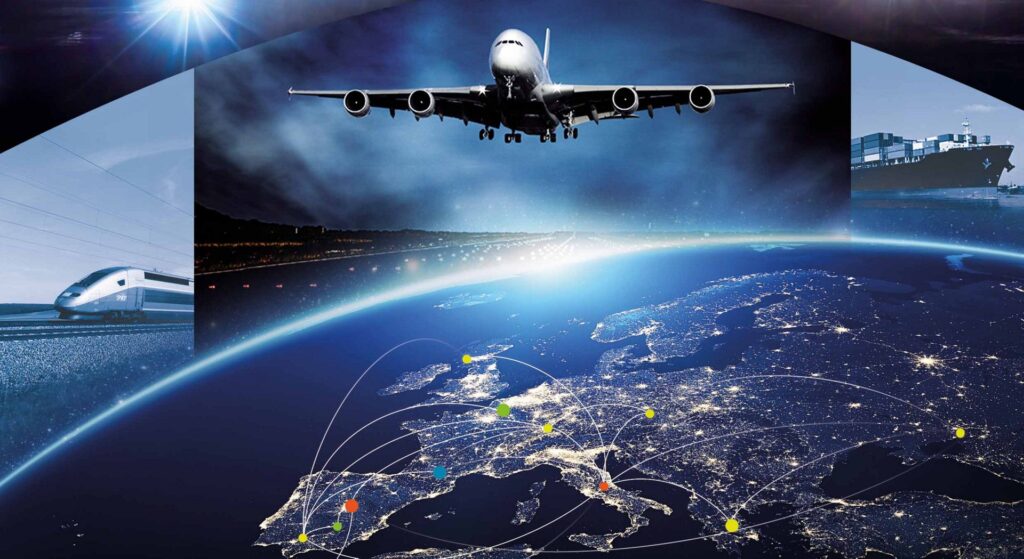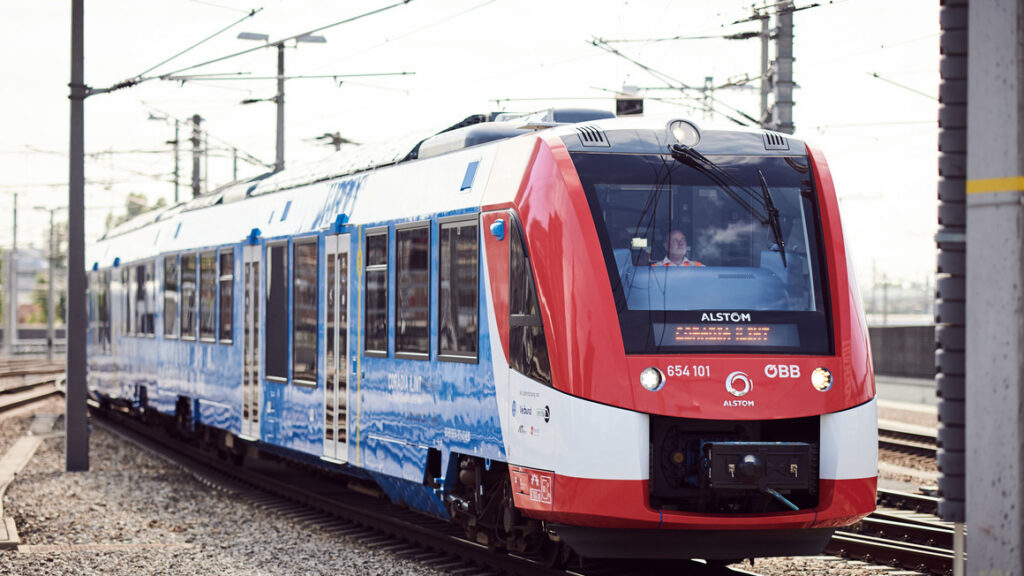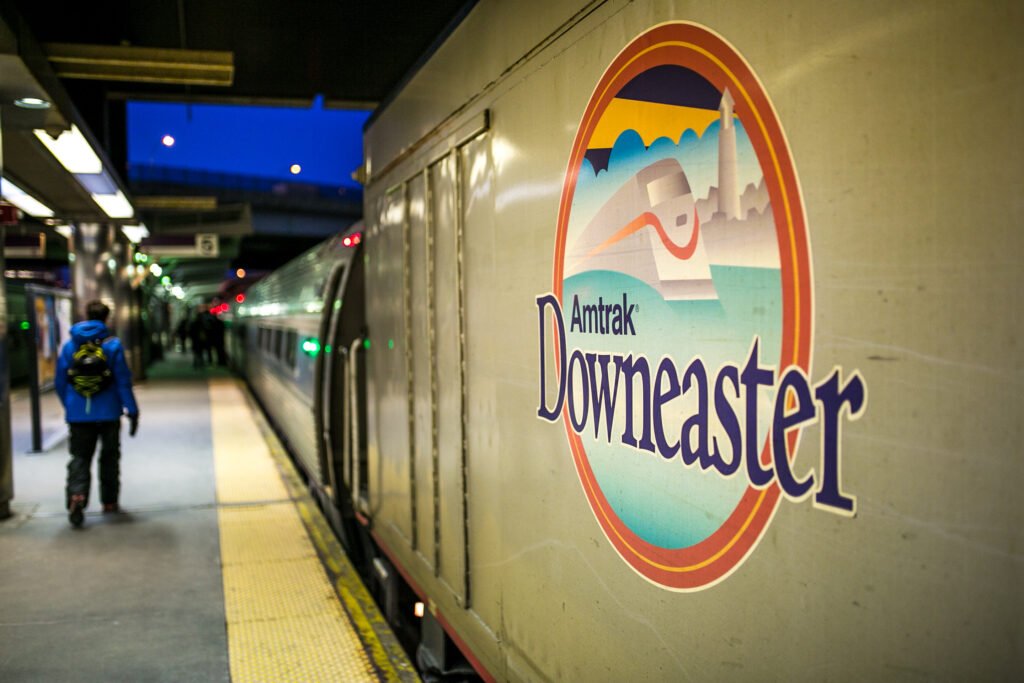Leading the Way for the Future of EGNOS
Airbus-led consortiums have recently won a series of contracts to shape the future of EGNOS, the European Geostationary Navigation Overlay Service. EGNOS enhances Galileo and GPS signals to provide augmented safety of life services. EGNOS…



